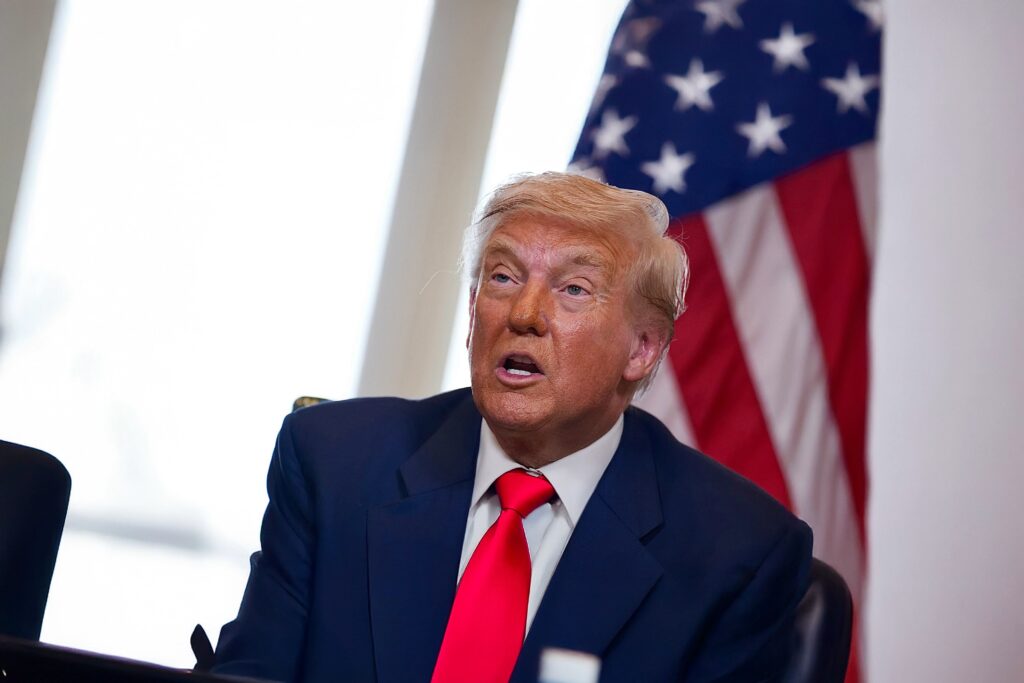US President Donald Trump signed an executive order requiring H-1B visa applicants to pay $100,000. The order cites “abuse” of the system and blocks entry unless the full fee is paid.
Critics say the H-1B programme threatens American jobs. Supporters, including billionaire Elon Musk, argue it allows the US to attract elite international talent.
Gold card creates fast-track path for wealthy immigrants
Trump also unveiled a “gold card” programme to accelerate visas for certain immigrants. Entry fees start at £1m.
Commerce Secretary Howard Lutnick joined Trump in the Oval Office on Friday. “A hundred thousand dollars a year for H1-B visas, and major companies are on board,” he said. “Train graduates from American universities. Stop bringing in workers to take our jobs.”
H-1B limits and fees explained
Since 2004, the programme has capped H-1B applications at 85,000 per year. Previously, administrative fees totaled around $1,500.
US Citizenship and Immigration Services reported applications for the next fiscal year dropped to 359,000, a four-year low.
Amazon received the most approvals last year, followed by Tata, Microsoft, Meta, Apple and Google.
Small businesses warn of severe impact
Immigration lawyer Tahmina Watson said the fee could devastate small firms and start-ups. “Almost everyone’s going to be priced out,” she said. “This $100,000 entry cost will crush many.”
She added that companies typically sponsor foreign workers only when they cannot find qualified Americans.
Experts caution on US competitiveness
Jorge Lopez, chair of the immigration and mobility practice at Littler Mendelson PC, criticised the measure. He warned it “will slow America’s competitiveness in tech and other industries.”
Some companies may consider relocating abroad, though such moves remain difficult.
Trump’s evolving visa policies
The H-1B debate has long divided Trump’s allies. Some supported the programme, while critics such as Steve Bannon opposed it.
In January, Trump said he understood both sides of the debate. On the campaign trail, he proposed green cards for graduates. “You need a pool of people for companies,” he told the All-In Podcast. “You must recruit and keep them.”
Earlier restrictions under Trump
In 2017, Trump signed an order tightening scrutiny of H-1B applications to prevent fraud.
Rejection rates rose to 24% in 2018. Under Barack Obama, they ranged from 5% to 8%, and under Joe Biden, from 2% to 4%.
Tech companies strongly opposed the restrictions, warning they threatened growth and innovation.
Global consequences with India most affected
The new fee carries worldwide impact. India, the largest source of H-1B applicants, expects major disruption.
Analysts warn the restrictions could reshape international hiring and redirect investment away from the United States.


